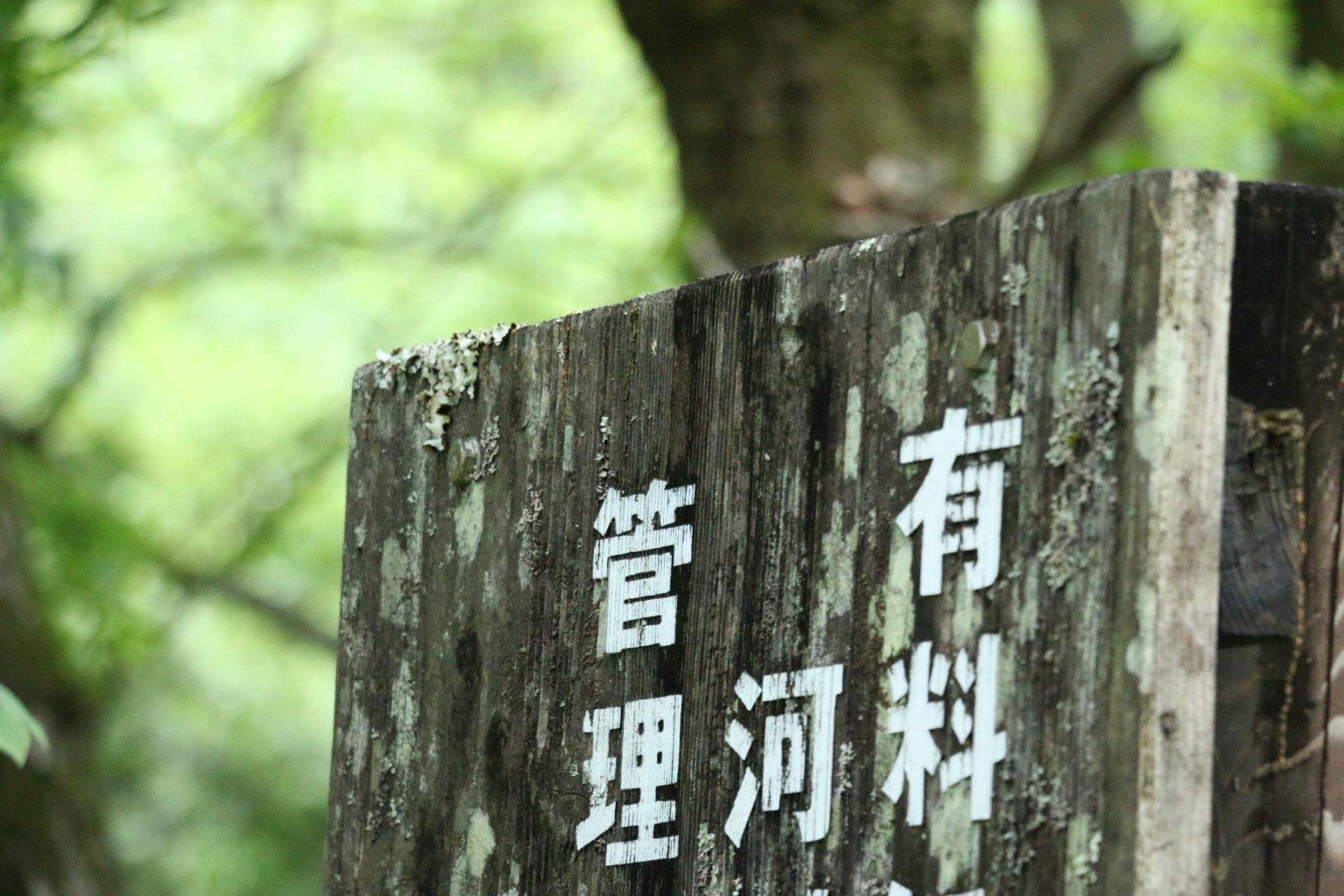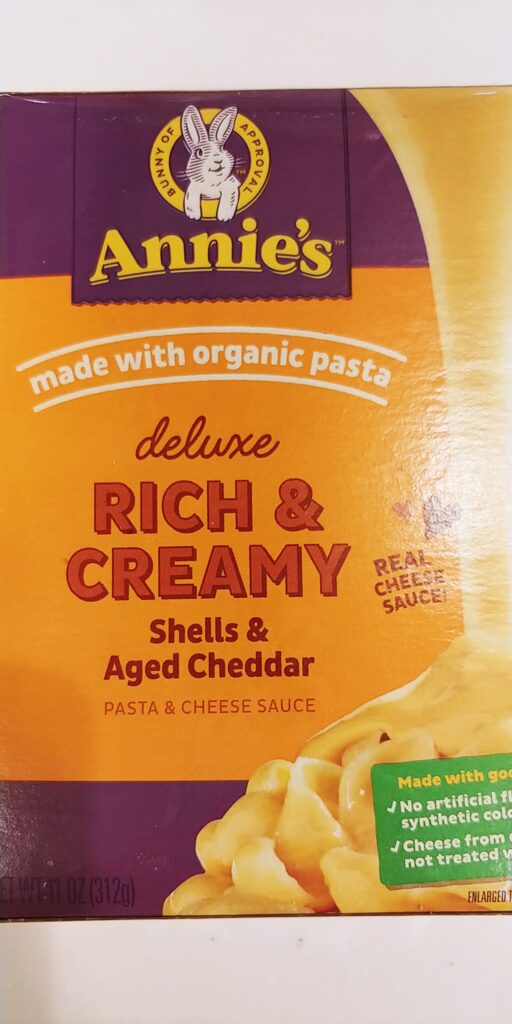I’ve been living in Japan for about 14 years now, and there are still some things here that take some getting used to.
Laundry
I come from the United States, where having a washer and dryer is as common as having a front door. In Japan, however, expect to find only a washer.
Everyone here hangs their clothing outside, so much so that you can spot a residential building by the balconies and clothing moving in the wind. People here follow the weather far more than I remember people did in the U.S. just so they can figure out when they can hang up clothing outside.
Japan has a rainy season, usually in June, however. That means hanging laundry inside, often off the backs of chairs and such. A few industries have answered this dilemma by creating detergent and fabric softener specfically for when you have to hang up laundry indoors to dry, and most new builds (houses/condos/apartments) offer a “drying option” in the shower room specifically for drying clothing inside.
Note: If you ever do rent or buy a place here and wonder why the shower rack in the shower room is cutting straight across the bathtub in a most un-shower-rack-like way, please know this is actually for hanging up clothing.
If you feel like you really want to pull out all the stops and have about 300,000 yen or more to spend on a washer/dryer combo, then you can almost feel like you’re living in America again.
Garbage disposal
A new build might have this feature, but it’s rare here. Instead, people buy little nets from the drugstore/grocery store that fit inside the kitchen sink’s drain, and they pull out all the stuff that ends up down the sink that way. Most 100-yen stores will sell a little tub you can set on your sink where you can dump out all the stuff, too. It’s annoying.
Putting out the trash
Japan has a crow problem (they are the size of cats). The crows are quite clever, of course, and they adore ripping apart trash bags left out on the side of the road. Therefore, most places in Japan basically demand that you put your trash out no later than an hour before pickup. For some people, this isn’t feasible (if trash pickup is at 9 a.m. and you have work an hour away, for example), but most of the time people try to abide by this idea.
Newer places, especially condos, adore offering a trash room where you can just leave your trash and recyclables 24 hours a day, 7 days a week. For everyone else, the best way to combat the crows has been setting up massive garbage bins for everyone to dump their trash bags into. You will still find lots of places, though, where the only defense against the crows is flimsy plastic netting.
Shower rooms
This is something I love if it’s done right. Some smaller places will have the toilet and sink in with the shower, and then it’s a nightmare since everything in there usually gets at least damp, but if the place you’re in has enough space to seperate the sink, toilet and shower, then you have a wet room of paradise. I love being able to just close the door to the shower room and not worry about getting my toothbrush wet, for example, while I’m washing my hair. I’m not even sure if Japan sells shower curtains, because most places simply have a wet room idea going on where you need only close the door.
Yard space
It’s not much of a thing in the suburbs and, naturally, the city. If you live out in the middle of nowhere then you might get a fairly sizeable yard, but I’ve noticed a recent trend here seems to be to move away from having outdoor space. I guess most people think of gardening or tending to a lawn as annoying, and most opt for more indoor space and a sliver of land out front. Backyards are simply not a thing here.
Shoes
This is something I’m sure most people know by now, but Japan does not allow shoes inside the home. So much so that I read a murder mystery in Japanese where the murder victim was found inside her apartment, in her tiny living room, with *gasp* her shoes on. I swear to you about three pages were dedicated to figuring out why on earth she would be in her living room in shoes. That’s how taboo it is here.
There’s even usually a space by the front door of where you live that is either lower than the rest of your home or at least sporting a different flooring. To many Japanese, this portion of the home by the front door is “outside.” This is where you are to leave your shoes, and you must never go into this special “outside” area unless you are wearing shoes. I’ve sometimes walked to get my keys or something I left by the front door while in my socks and heard audible gasps from friends like I’d just stepped out onto the streets barefoot.

